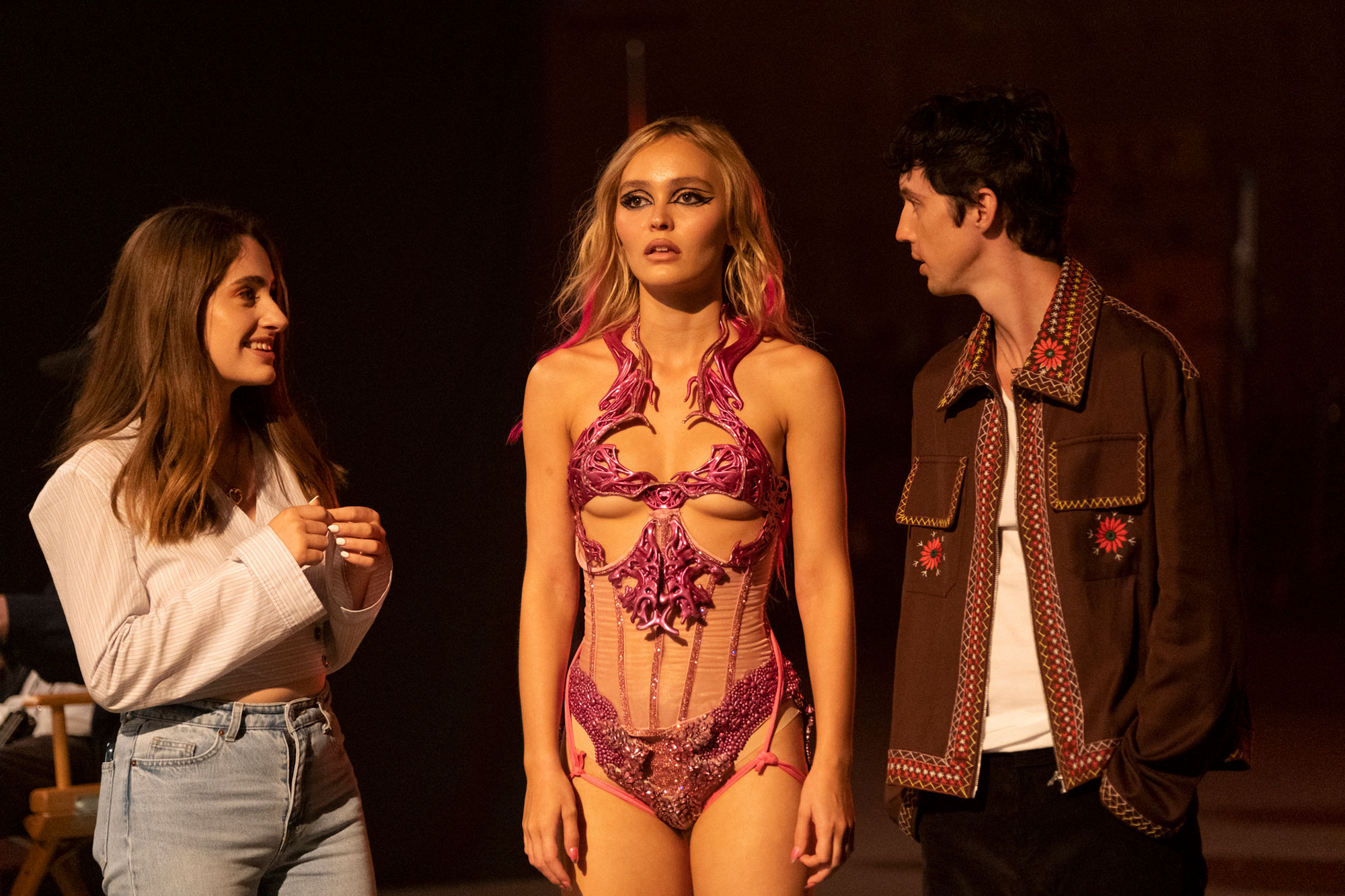Gen Z wants a lot less sex on TV and in movies.
According to a new study conducted by the University of California, Los Angeles’ Center for Scholars and Storytellers, nearly half (47.5%) of adolescents included in a 1,500-person nationwide survey said they believe sex “isn’t needed for the plot of most TV shows and movies.”
Additionally, nearly (44.3%) half of participants in UCLA’s study “felt
that romance in media is overused.” Another 40% said they want to see more non-romantic relationships or asexual characters on screen, and 51.5% said they were interested in seeing more content focused on friendships and other platonic relationships.
As a part of the Center’s annual Teens and Screens survey, researchers specializing in psychology used the study as a way to look at “adolescents’ perspectives of the entertainment and social media content they consume.” The subsection of the study included participants ages 13-24, while the entire survey included ages 10-24.
The study features quotes from young people included in the survey. One 17-year-old Black male participant from Georgia is quoted as saying, “I don’t like [that] every time a male and female character are together on screen,
studios feel the need to make them fall [in] love. there’s a complete lack of
platonic relationships in American cinema.”
The study also pulled a quote from musician Olivia Rodrigo discussing whether or not she wanted to see Sam Levinson’s The Idol.
“I don’t have the desire to,” the 20-year-old “Vampire” singer said at the time the series was airing. “I remember walking out of Barbie and being like, ‘Wow, it’s so long since I’ve seen a movie that is female-centered in a way that isn’t sexual or about her pain or her being traumatized.'”
Elsewhere in the study, adolescents were asked about the media they do consume — both traditional TV and film as well as digital media. YouTuber MrBeast was listed by respondents as the most “authentic” creators they watch, due to the charitable and sense of community present in his content.
According to researchers Stephanie Rivas-Lara and Hiral Kotecha, so-called “third spaces” — locations outside of homes and schools where children and young adults can gather — are shrinking, which is reflected in the kind of content respondents wanted to see. They want to see friendships in media instead of romances, and they like to see a sense of community in their content.
“Young people are feeling a lack of close friendships, a separation from their community, and a sense that their digital citizen identity has superseded their sense of belonging in the real world,” Rivas-Lara and Hiral Kotecha said in a blog post discussing the study.
“In our opinion, what’s crucial for storytellers to grasp about Gen Z isn’t the latest slang or weekly trends,” they write. “Rather, what’s important is understanding the expanded worldview that comes with growing up on the internet and being able to interact with a myriad of different perspectives.”




